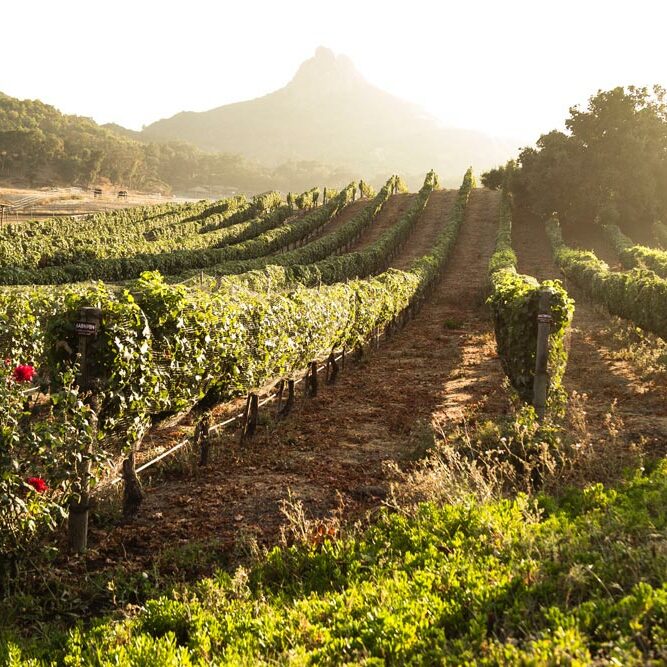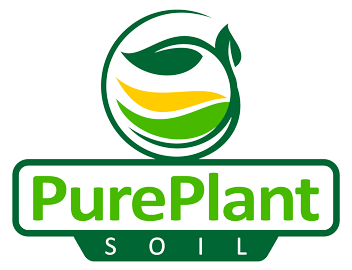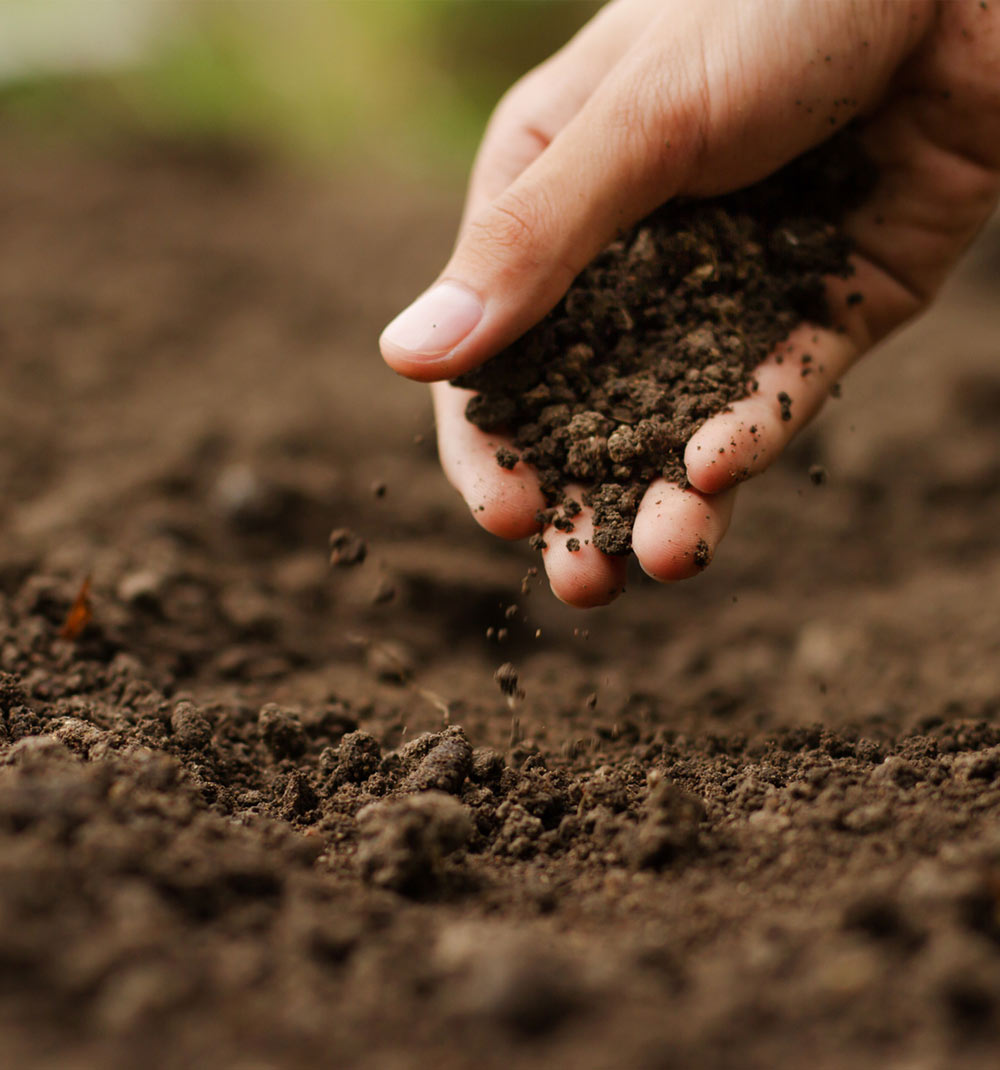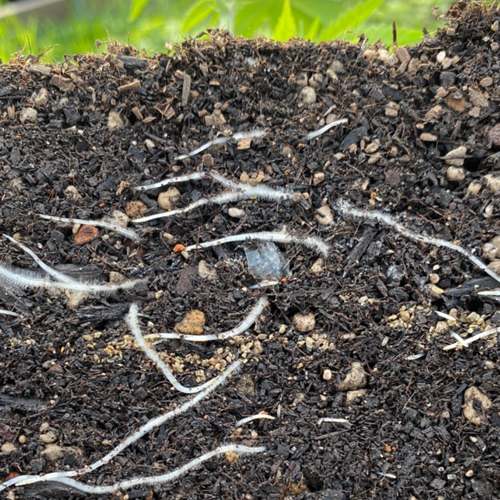Whether it's a yard of compost for your front yard or a 1000 yards of premium potting soil for your expansion we are here for you!
We are dedicated to providing ongoing support and assistance to ensure that your project is a success.
Whether you're working on a small home garden or a large-scale farming project, we are ready to help. At Pure Plant Soil, we believe that our commitment to our customers does not stop at the point of sale. We strive to show that a bulk material company values its service to the customer as high as the quality of its products




